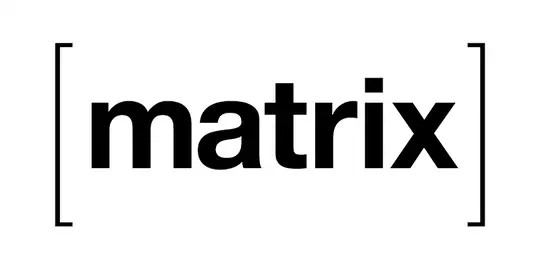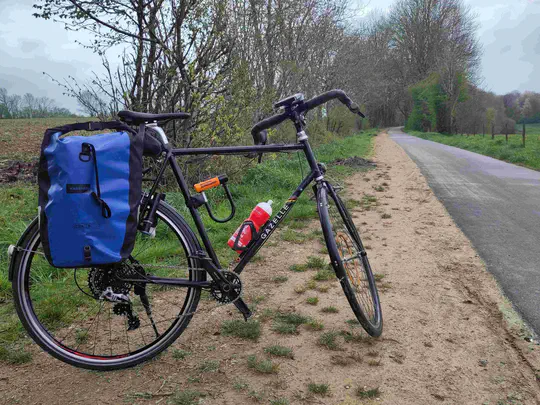Biography
I am working as a Security Analytics Consultant at SVA System Vertrieb Alexander GmbH. Previously, I was a Research Assistant at the Chair for Embedded Software at RWTH Aachen University. My research was about the safety of embedded medical devices. Over the last year, my interest has increasingly shifted towards cybersecurity, a field of high-impact and crucial importance for both the present and the future. Moreover, I am also engaged in some personal security and server projects. I am happy to work in this dynamic and changing area. My strengths include a strong motivation to learn and develop, the ability to solve complex problems, exceptional organizational skills, and an emphasis on well-documented work.
For a few years, I have been working on projects like Linux servers including Nextcloud, many more self-hostable services and network/backup solutions. Moreover, I am interested in knowledge management, as well as organizing and structuring data. On the sport side, I like bouldering and being in nature, bicycling and hiking. Furthermore, I enjoy working on the refurbishment of old bicycles.
- Cybersecurity
- Embedded Systems
- AI Safety
- Linux Server
Computer Science Continuing Education, 2022 - 2024
RWTH Aachen University
M.Sc. in Automation Engineering, 2019 - 2022
RWTH Aachen University
B.Sc. in Mechanical Engineering, 2014 - 2019
Leibniz University Hannover
Experience
- Security Analytics
- Security Information and Event Management (SIEM)
- Lecture: Network security and cryptography
- Certificates: Google Professional Cybersecurity Certificate, TryHackMe, CompTIA Security+ Certificate (For more see: Link)
- Design and implementation of control algorithms (C and Matlab)
- Research on contract-based design for interconnected medical devices and hardware security
- First-author publication on verifiable hardware platform
Responsibilities include:
- Restucturing and improving the course content
- Giving tutorials
- Creation and grading of exams
Accomplishments
Publications
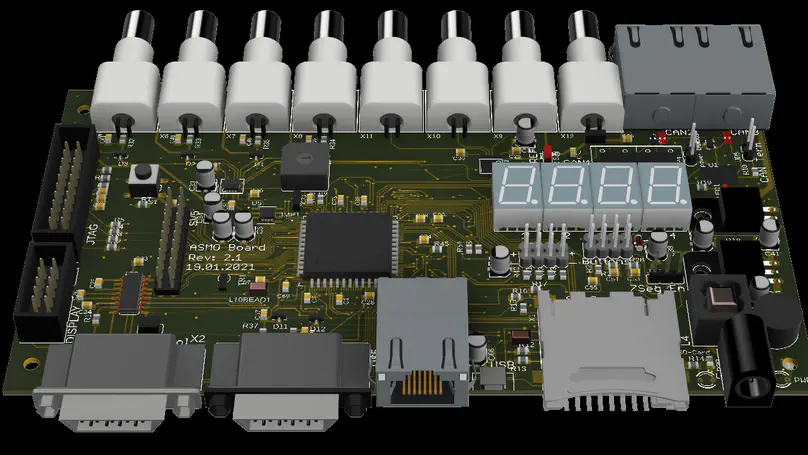
Interconnected medical devices enable new therapies and automate existing ones. Due to various manufacturers and interfaces, interoperability needs to be enabled with the help of auxiliary hardware. Since functional safety is indisputably critical, verifiability is essential, which is often neglected by state-of-the-art medical hardware platforms. We propose the ASMO hardware platform, which provides various interfaces to enable interoperability and where the workload is distributed such that the complexity of each unit can be reduced, while still providing enough capabilities for embedded machine learning. By using microcontrollers running an embedded real-time operating system, the verifiability can be further increased. The intrinsically created distributed architecture additionally allows for flexible rearrangement and efficient extension if needed.
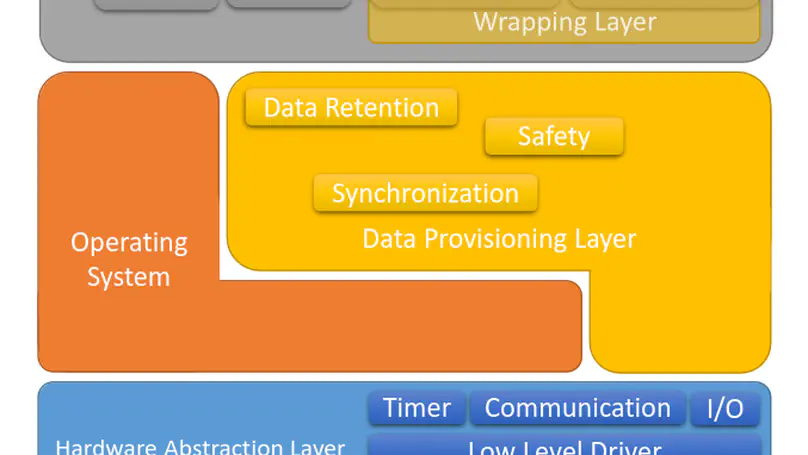
Medical device interoperability enables new therapy methods and the automation of existing ones. Due to different medical device manufacturers and protocols, we need auxiliary hardware and software for the interconnection. In this paper we propose a service-oriented software architecture built on a real-time operating system in order to create a modular medical cyber-physical system consisting of networked embedded nodes. In particular we highlight the need for the application of formal methods to ensure the functional safety of the system.
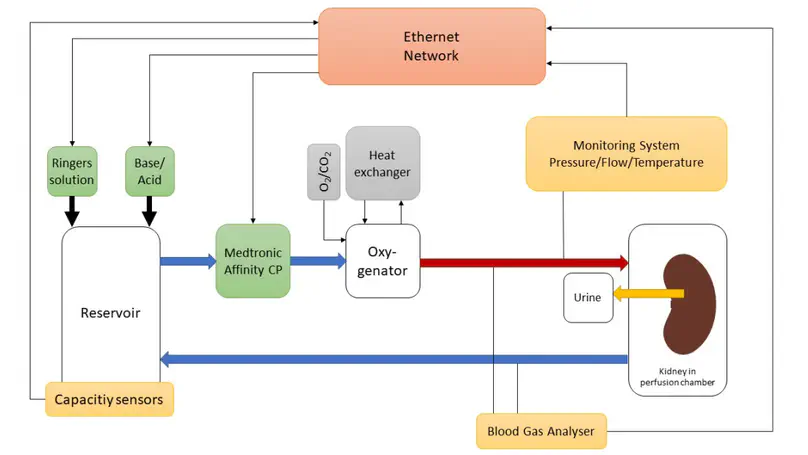
Research showed that the normothermic machine perfusion of kidneys can enable prolonged storage and improve conditions compared to traditional cold storage. For research in this area, there is a demand for a long-term in vitro perfusion setup. In this work, we present a fully automated normothermic machine perfusion (NMP) system as an experimental research platform. The perfusion system is intended as a tool for researching the effects of different perfusion strategies on the kidney. To enable the automation, the NMP system consists of a blood pressure control, a circulation volume level control and a pH-regulation component. The setup is realized as a medical cyber-physical system consisting of networked embedded microcontroller nodes.
News
Projects
Contact
Just write me a mail or you can also book an appointment via Nextcloud.




![Wiki [Archived]](/project/wiki/featured_hu382c86b02cd5095efbf10506d8447022_60962_540x0_resize_q75_h2_lanczos_3.webp)
